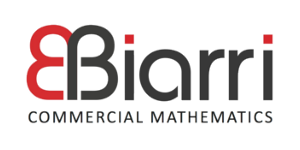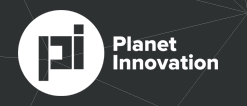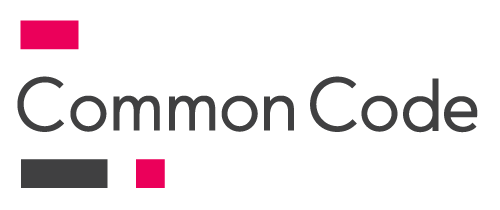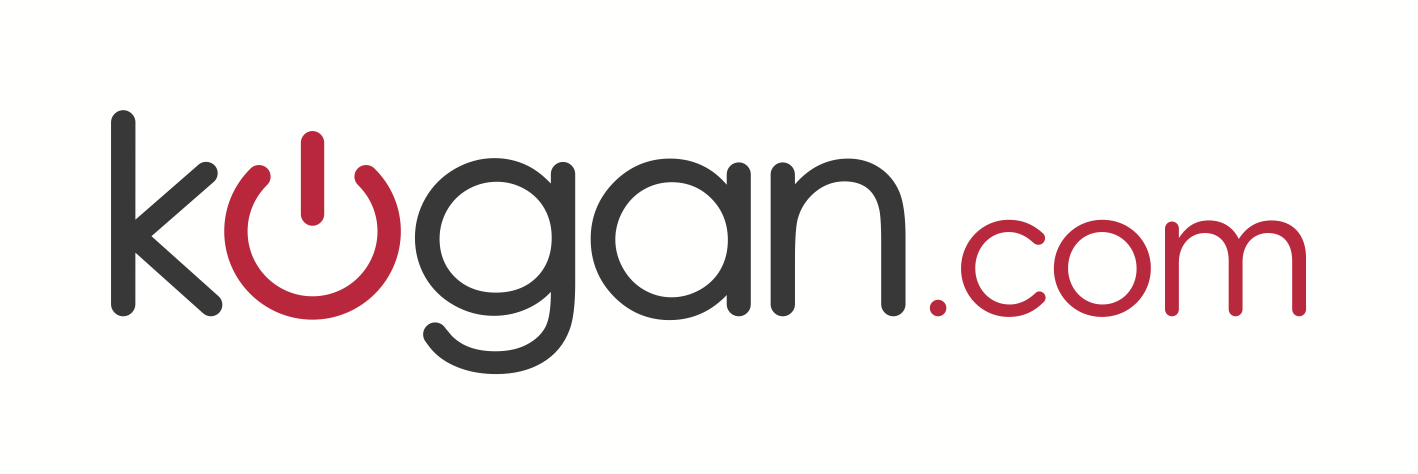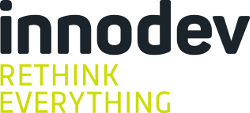Call for Proposals
The Call for Proposals is now closed! Thanks to everyone who took part. The content below is preserved for reference. We also published some tips on proposal writing:
We are calling for proposals from anyone in the Python community. That means everyone -- first-time presenters, novices, long-time users, boffins, gurus and fans. We think that speaking at PyCon AU is a great experience, and prioritise having a broad cross-section of both presenters and topics. Our speakers come from a diverse range of ages, backgrounds, technical knowledge and experience. The topics covered are similarly broad, including different technical areas, topics of general community interest, education, introductory material and specialised areas such as data science and machine learning.
This call for proposals covers the conference main track and the four tracks of the specialist event day. You can nominate to be included in the main track, one or more of our specialist events, or a combination! Allowing us to place your talk in any track will give the greatest likelihood of your talk being accepted and also helps us design the best possible program schedule.
We are accepting 30 minute talks, and a limited number of 70 minute extended talks.
Important Dates
- Call for Proposals opens: Monday, 20th March 2017
- Proposal submission deadline: Sunday, 7th May 2017
- Notification of whether proposals have been accepted, not accepted, or waitlisted: Sunday, 28th May 2017
Conference Schedule Summary
- Thursday, 3 August 2017: Paid Tutorial Day (not part of this call for proposals)
- Friday, 4th August 2017: Specialist Events Day (DjangoCon AU, Science and Data, Python in Education, Internet of Things)
- Saturday, 5th August 2017: Conference Main Track (Day One)
- Sunday, 6th August 2017: Conference Main Track (Day Two)
- Monday, 7th August 2017: Sprints and Workshops (Day One)
- Tuesday, 8th August 2017: Sprints and Workshops (Day Two)
Specialist Events Overview
Four specialist events are being run on Friday, 4th August. If your talk is targeted to a particular field, or requires a lot of prior knowledge, your talk may be placed into one of these events. However, specialised talks can sometimes be equally suitable in the main program and may be scheduled for the main track.
At PyCon AU, the specialist events are as well-attended and highly-regarded as the "main track", and any speaker benefits apply equally. The specialist events for 2017 are as follows:
DjangoConAU: Covering both the use and development of Django, a popular web server framework.
Python in Education: A workshop for educators, teachers, students and lecturers who have an interest in programming, pedagogy or technology for students of all ages.
Science and Data: Covers the use of Python in science, data science, machine learning and data processing.
Internet of Things: Covers the use of Python in embedded devices, to monitor or develop embedded devices, and novel hardware.
Speaker Benefits
Accepted speakers will be provided with free registration for the specialist events day and both days of the conference main track. Should a speaker also wish to attend the sprints and workshops these will attract a small charge. Attendance at any paid tutorials will also attract a charge at the standard rates.
If you are able to pay for a full registration, then please consider doing so. The funds from registrations contribute not only to conference costs, but also the financial aid program. Every extra dollar makes it easier for someone else to attend.
Financial Assistance
PyCon Australia offers a generous financial assistance program, so that some attendees and speakers have some (or in rare cases, all) of their expenses, such as accommodation or flights, reimbursed to them from the conference budget. PyCon Australia strongly encourages people to apply for financial assistance. We don't want to lose a good talk due to financial need.
The full details of the financial aid program are available elsewhere on our website. As with previous years, speakers will be given priority for financial aid requests within reasonable limits.
Some speakers may have attended other conferences where full costs have been met, including travel and accommodation. As a not-for-profit, community-run conference, this is generally not the case at PyCon AU. International travel costs can be applied for, however there will be an overall limit on international travel for the conference that can be supported.
If your ability to present is contingent on receiving financial aid, please note this in your submission.
Code of Conduct
PyCon Australia 2017 has a Code of Conduct which outlines expectations of behaviour and appropriate presentation content. The goal of the code of conduct is to facilitate a safe, welcoming and inclusive environment. Presenters are required to be familiar with and abide by the code of conduct. If you have any questions about the suitability of any aspect of your proposed talk or require any additional information, please email us at program@pycon-au.org.
Suggested Topics
Suitable topics for PyCon AU presentations include, but are not limited to:
| Core Python, including Python 3 topics | Other implementations: PyPy, IronPython, Jython. | Web programming (Django, Pyramid, Flask, etc) |
| Python libraries and extensions | Business applications | Concurrency, multi-core processing, multi-node processing |
| Database structure, sharding, high-performance databases, realtime databases, time-series databases | Documentation: tools, style guides, resources. | Education |
| Embedding and extending Python | Game programming | GUI programming |
| Network programming | Open source Python projects | Packaging issues |
| Programming tools | Project best practices | Science and maths |
| Social issues | System administration with Python | Automated testing |
| Artificial Intelligence, autonomous systems | Machine Learning, Deep learning and neural networks | Chatbots and interactive applications of AI |
| Image processing and recognition | Workflow engines and task orchestrations | Dashboards, logging and monitoring |
Presentation Length
The preferred length for talks is 30 minutes, including the time for audience questions. You should budget at least five minutes for questions; for example, a 30-minute talk could comprise 25 minutes of presentation and 5 minutes of questions.
We also accept extended 70-minute proposals. These are intended to allow presentations which may include a hands-on component such as a technology demonstration, detailed code walkthrough, or the ability for the audience to "code along". Unlike tutorials, these extended proposals are not intended to be interactive classes or lessons, however extended talks could include worked examples for attendees to download and run. The 70 minutes includes the time for questions. For example, the talk could comprise 60 minutes of presentation and 10 minutes of questions.
Presentation Video Recording
Every session at PyCon Australia will be professionally recorded and the video uploaded on our YouTube channel.
If you do not wish to have your talk recorded then please note this in your submission. Doing so will not influence the selection process in any way. You have the option to change your mind at any time prior to the event.
How to Submit
- First you will need to create an account, this will give you access to the "dashboard" (under the "account" menu).
- Create your speaker profile (if you submit more than one proposal, your speaker profile is shared across all of the proposals).
- If you would like to request financial assistance, please indicate this in your speaker profile according to the instructions here.
- Please note: if you are requesting and approved for accommodation assistance, this will be provided in the form of financial reimbursement after the conference has concluded. Unfortunately, the wording on the speaker profile form is potentially misleading - we will not be booking or organising your accommodation.
- If your needs will not be met by the options specified in the two check box options in the speaker profile form, please contact us directly via contact@pycon-au.org to discuss your circumstances. - Create a new proposal by selecting the "new proposal" link. The proposal creation form contains instructions for filling out your proposal details.
- You can return to the dashboard to edit your speaker profile or proposal information if you wish to make changes. Only changes made prior to the close of the CFP can be considered by the program committee.
- PyCon AU will be providing child care this year for the special events day (Friday 4 August) and both main track days (Saturday 5 August and Sunday 6 August). Details will be forthcoming. However, if you are considering submitting a proposal and need to know more about child care, you can contact us via contact@pycon-au.org .
Proposal Selection Process
Selecting the proposals to include in the conference is complex, involving a selection committee of between ten and twenty people, and several meetings. We take the process very seriously, and respect and value the effort that every submitter has taken in preparing their proposal. This means that the selection process takes some time to get through, although we endeavour to be efficient and well-organised.
Typically, it takes between two and four weeks to conduct proposal selection. Once this is finished, you will be informed as to whether your proposal has been selected for inclusion, has not been selected this year, or has been waitlisted.
It might seem obvious, but the main reason a talk might not be selected is simply because of the constraint on the overall number of talks we can include at the venue.
Some authors will be advised that they have been placed onto a "wait list". This happens when we have to resolve some logistical issues before the program can be finalised. We will contact affected authors individually to discuss the situation.
How to write a great proposal
If you would be interested in advice, tips or suggestions for writing a great proposal, we have published two articles.
Our first article providing general tips on how to write a successful proposal is now online here.
Our second article discussing elements of the proposal form in more detail, plus some bonus information that didn't fit anywhere else, is now online here.
If you would like feedback on your proposal
If you have not yet submitted a proposal but would like feedback on your ideas before submitting, get in touch by emailing program@pycon-au.org. Or, if you are feeling particularly brave, just tweet the question and mention @pyconau!
Alternatively, if you want to go ahead and submit a new proposal, please put any questions you have in your private abstract, and the reviewers will see this and respond.
If you wish to ask for feedback on an existing proposal, then please email us directly at program@pycon-au.org, as we may not be alerted to changes in the proposal and therefore may not realise in a timely manner that a response is required.
Questions, Clarifications and Comments
If you have any questions, are unsure of anything, or need more information, please don't hesitate to email program@pycon-au.org and we will happily do our best to help you out.






